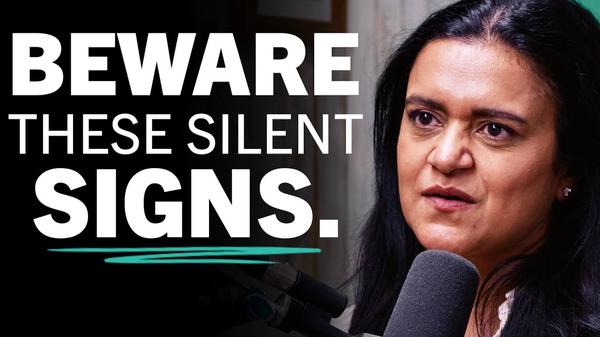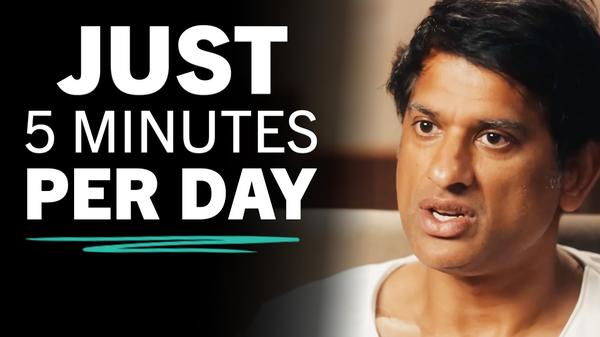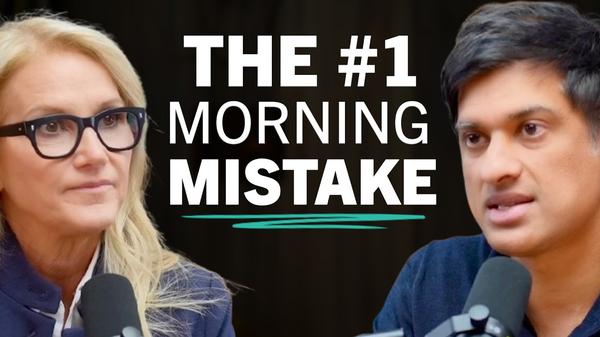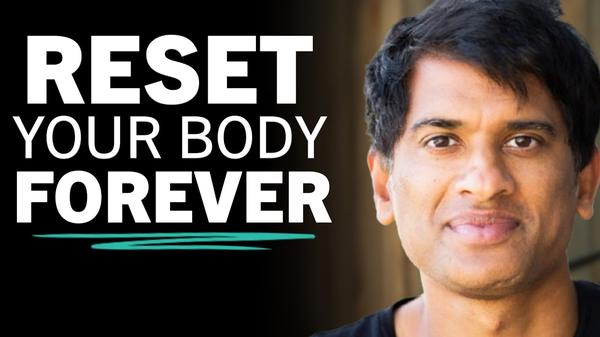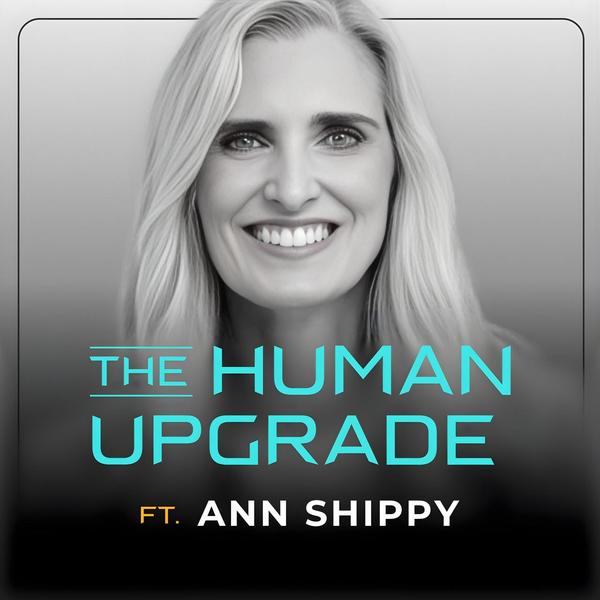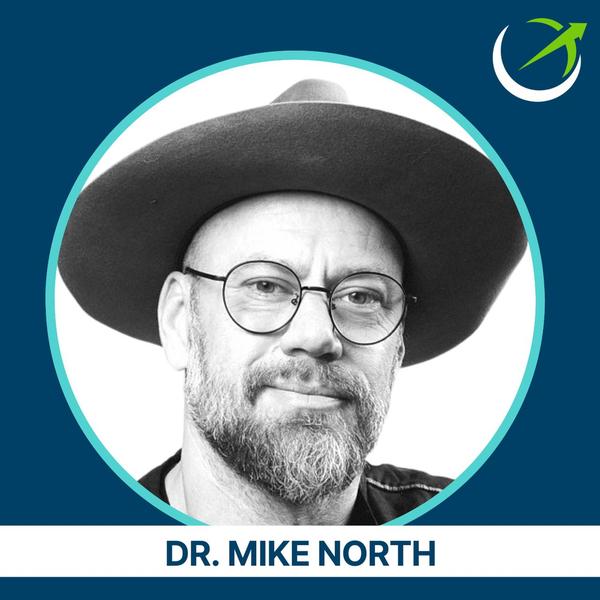
#1 Gut Health Doctor: "If Your Poop Looks Like This, Go To Your Doctor!" - Prevent Disease In 2025
Rangan Chatterjee
Jan 8, 2025
Mindsip insights from this episode:
Incorporate kefir to enhance relational memory
New research shows that fermented foods, particularly kefir, may improve relational memory, which helps you recognize faces and remember where you left your keys.
Reevaluate '30 plants a week' rule for gut health
The popular '30 plants a week' advice for gut health comes from a single study with weak data collection and may cause unnecessary stress and food waste.
Recognize bloating as a sign of a healthy gut microbiome
A small amount of bloating in the hour after a meal is actually a positive sign of a happy gut microbiome feeding on fiber and producing beneficial molecules.
Understand menopause's impact on gut microbiome shifts
During menopause, a woman's gut microbiome can shift to become more similar to a man's, which is thought to be linked to the drop in estrogen levels.
Nurture gut microbes like a Tamagotchi for better health
If you struggle to make healthy choices for yourself, try thinking of your gut microbes as a Tamagotchi that you need to care for.
Debunk gut serotonin myth affecting mood influence
The popular claim that 90% of serotonin is made in the gut is misleading, as this serotonin is too large to cross the blood-brain barrier and directly influence your mood.
Analyze your own stool instead of costly gut tests
Commercial gut microbiome tests are expensive and not very actionable, so a better and free alternative is to simply analyze your own poo.
Share microbiome through kissing to sense compatibility
A 10-second kiss can transfer 80 million bacteria, which researchers speculate could be a subconscious method for sensing a compatible mate.
Incorporate avocados and dark chocolate for high fiber intake
Unexpectedly high-fiber foods include avocados (8 grams each) and dark chocolate (11 grams per 100g), which can help you reach your daily fiber goals.
More from
Rangan Chatterjee
Neuroscientist: If You’re Feeling THIS, You’ve Lost Touch With Your True Self
Neuroscientist: If You Feel THIS, You're Living the Wrong Life (Unlock The One You're Meant For)
The 5-Minute Morning Habit That Transformed My Health, Happiness & Marriage
If You Struggle to Sleep, Start Doing THIS Every Morning
The Only 3 Rules You Need to End Cravings & Reset Your Body
You also might be interested in
Dr. Casey Means: Eat like THIS to reduce your Risk of Metabolic Disease!
Biohacking Fertility for Men and Women at Any Age
Improve Energy & Longevity by Optimizing Mitochondria | Dr. Martin Picard
Dr. Casey Means: Stop Ignoring Your Health — Do These 5 Free Tests!
The Untold Science Of Vibration Therapy & The “BioDrive” Breakthrough That Regulates Your Mind and Body, With Dr. Mike North





